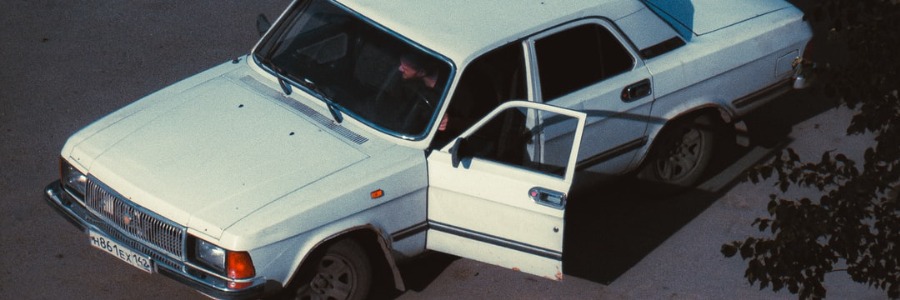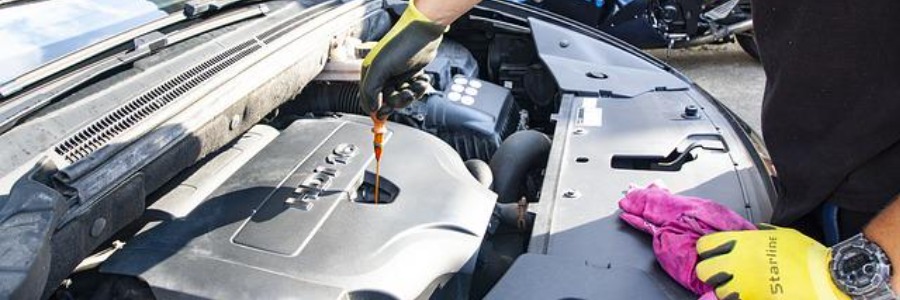Lemon Law Lawyers, Lawsuits, & Attorneys
Everyone has bought a bad car at least once. Have you really bought a lemon, though? The distinction is important from a legal standpoint because it can help you determine whether you have legal recourse including the possibility of just returning the bad vehicle.
The Lemon Law applies to new vehicles, including cars, trucks, vans, motorcycles, and other vehicles that develop problems covered by a written factory warranty. In order to qualify as a lemon under most state lemon laws, the car must have a substantial defect that occurred within a certain period of time after you bought the car and not be fixed after a reasonable number of repair attempts. A lemon law hearing is your opportunity to prove to a Judge that your vehicle is a lemon. You or your lemon law lawyer must present your own testimony or that of witnesses.
Lemon laws vary from state to state (although there are similarities that they share). Go ahead and browse this sections for details in your state.
Owning a car that breaks down a lot is a really frustrating experience – you should talk to the seller first to see what they are willing to do for you. A lot of times they want to avoid getting lawyers involved as much as you do.
Federal Lemon Laws
The Magnuson-Moss Warranty Act protects consumers who buy products with a written warranty worth more than $25. This federal act helps to prevent manufacturers from using unfair warranty agreements and makes it easier for a consumer to file a warranty suit against a manufacturer by allowing for the awarding of attorney’s fees.
The Uniform Commercial Code applies to the sale of products throughout the United States and provides the consumer with the right to a refund or replacement of a defective product. However, because this code does not define a “lemon,” the outcome of your case may vary depending on the court decision, as well as the safeguards under the Magnuson-Moss Warranty Act and your state’s lemon law.
Lemon Law Articles

What Classifies a Car as a Lemon under the Law?
Lemon Laws if you have questions regarding your vehicle as it relates to the lemon law provisions rules and regulations, you have come to the right place. You can contact…

Arbitration Process in the Lemon Law
In comparison to court trials, the lemon law arbitration process is not as complicated. This is due to the fact that a judge and a jury are not required to…
Lemon Laws by State
Lemon laws vary by state, and some do not apply to leased or used vehicles. Some states have consumer protection laws that prohibit deceptive practices when selling used cars. This means that if you want to buy a used car, the dealer must answer all of your questions honestly so you know if it was a rental, salvaged, or involved in a serious accident in the past.
Because each state’s lemon law is different, it is best to consult with your local representative to become acquainted with it. If you encounter this problem and the manufacturer claims that you waived your rights when you signed the purchase contract, don’t believe them – because the contract is invalid and the lemon laws still apply.
Wyoming Lemon Laws
Lemon Law in Wyoming Lemon laws require that the company who manufactured a product must refund, replace, or repair the product when the product malfunctions. Lemon laws most often are…
Iowa Lemon Laws
Lemon Law in Iowa There are some states that go full “gung ho” when it comes to consumer protection as it applies to car buying. Other states provide the minimum…
Illinois Lemon Laws
Lemon Law in Illinois The state of Illinois has a long and proud history of sharing with the rest of the country their diversified culture, delectable cuisine, strong manufacturing centers…
Hawaii Lemon Laws
Lemon Law in Hawaii You might ask yourself, “What could possibly go wrong with living in a paradise like Hawaii?” Clearly, you haven’t been watching “Hawaii 5-O!” Even life in…
Arizona Lemon Laws
Lemon Law in Arizona The state of Arizona’s lemon law is combined with the federal lemon law. The federal lemon law is also called the Magnuson-Moss Warranty Act and allows…
Wisconsin Lemon Laws
Defining a Wisconsin Lemon Definitions for a lemon vary from state to state. In order for a lemon to be legal in Wisconsin a new motor vehicle must currently be…
Washington Lemon Laws
Lemon Law in Washington The state of Washington has organized a system to help motor vehicle owners purchase products fairly. Washington laws allow individuals to request arbitration hearings with the…
West Virginia Lemon Laws
The state of West Virginia requires all motor vehicle manufacturers to meet specific responsibilities and obligations for motor vehicles under warranties. This means that as long as a vehicle is…
Virginia Lemon Laws
In the world of automobiles, to be stuck with a lemon is to have a car that has essentially been rendered useless through no fault of your own. Because buying…
Vermont Lemon Laws
Lemon laws in the state of Vermont are only valid for certain vehicles. These include only passenger vehicles and exclude motorized highway building equipment, tractors, road-making appliances, motorcycles, snowmobiles, mopeds,…
What is the Lemon Law?
People who buy cars are protected by the Lemon law. If the vehicle he or she purchased fails to meet quality and performance standards, the manufacturer is required to repair the defects specified in the warranty within a certain period of time or mileage, whichever comes first.
If the same problem occurs after the repair, this is considered a breach of contract with regard to the warranty, and the manufacturer is required to provide you with a partial or full refund. You might even get a new car.
A breach of warranty typically entails four repair attempts on the same problem or anything directly related to it within six months to a year. It could also indicate that the vehicle is no longer operational within a year of purchase or for the duration of the express warranty, whichever comes first.
An express warranty may be the remainder of the manufacturer’s warranty, a separate limited warranty provided by the dealer, or an extended warranty or service contract purchased at the time the vehicle was purchased.
There are steps you must take to determine whether the Lemon law applies to you. To begin, if there is a problem with the vehicle, you must notify the manufacturer. When the car is returned to you and the same thing occurs, keep track of it by keeping repair or service receipts so you can argue your case.
In some states, an arbitration procedure determines whether you will receive a refund or a replacement. This program is very objective and completely free. If you are dissatisfied with the decision, you may bypass it and take the matter to court.
If things go your way, you may be able to get a refund and reimbursement for other charges you have incurred. You have the option of getting a replacement car instead. Just make sure you’re happy with what they’re replacing it with.
However, the Lemon law does not apply to all vehicles. Motorcycles with engine displacements of less than 750 cubic centimeters, trucks with gross weight ratings of more than 19,000 pounds, motor homes, and vehicles used by a business with a fleet of more than ten vehicles are examples of these.
So, consult with your attorney or hire one who is well-versed in lemon law. Some provide free consultations, and if you win the case, you won’t have to pay anything because the manufacturer will cover the attorney’s fees.

